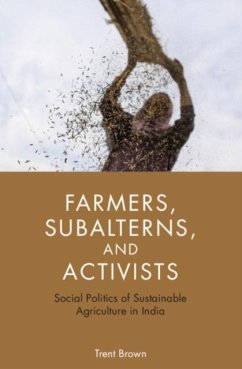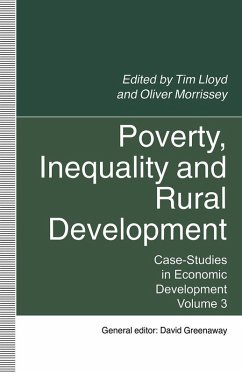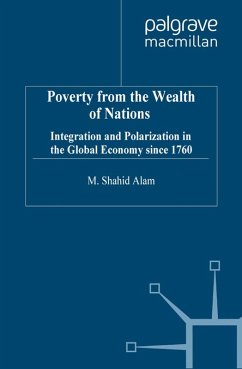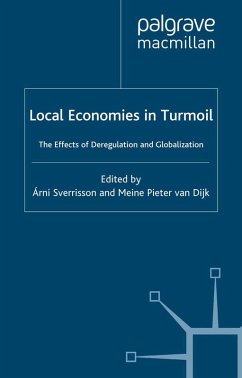In theory, chemical-free sustainable agriculture not only has ecological benefits, but also social and economic benefits for rural communities. By removing farmers' expenses on chemical inputs, it provides them with greater autonomy and challenges the status quo, where corporations dominate food systems. In practice, however, organisations promoting sustainable agriculture often maintain connections with powerful institutions and individuals, who have vested interests in maintaining the status quo. This book explores this tension within the sustainable farming movement through reference to three detailed case studies of organisations operating in rural India.
Dieser Download kann aus rechtlichen Gründen nur mit Rechnungsadresse in A, B, BG, CY, CZ, D, DK, EW, E, FIN, F, GR, HR, H, IRL, I, LT, L, LR, M, NL, PL, P, R, S, SLO, SK ausgeliefert werden.









